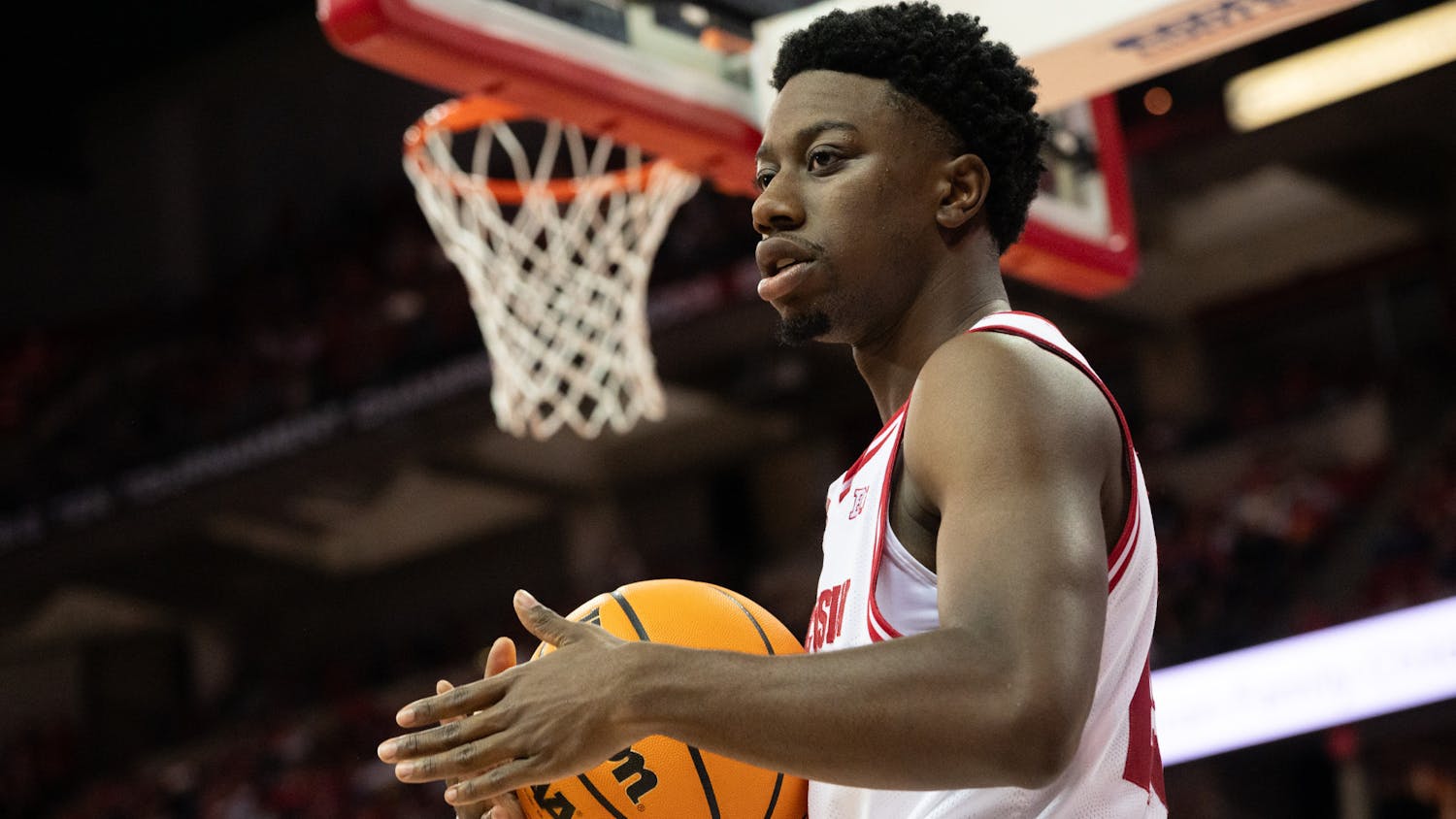Tony Romo recently announced his retirement from football, trading a career on the gridiron for one in the broadcast booth at CBS. The move came as a slight surprise given the free agency interest surrounding the former Dallas Cowboy who was undoubtedly talented despite his ugly injury record in the NFL.
Nonetheless, Romo called it quits, and he’ll be shot straight to the top of CBS’ football coverage, serving as the analyst for its No. 1 broadcast team and replacing Phil Simms in his long-term role.
While Romo developed a reputation for thriving in production meetings as a player, he still carries no experience as a broadcaster. This inexperience represents the possibility of a steep learning curve in some aspects of his new job, where any growing pains will be abundantly visible to a massive audience of football fans.
But despite the potential problems, quick transitions from football to broadcasting like Romo’s are far from uncommon—Troy Aikman did the same thing after his retirement—and represent the priorities that studio executives now have when piecing together programs and broadcasts.
Turn on any football program and you will notice a stark lack of actual journalists covering the sport, with networks instead opting for the star power and playing experience of former athletes to discuss the NFL.
It should be said that journalists aren’t completely absent from broadcasts, but still often take a back seat in actual discussion, usually as hosts or moderators. This fall, longtime reporter Samantha Ponder will host ESPN’s Sunday NFL Countdown flanked by former players such as Randy Moss and Charles Woodson.
However, the hiring of athletes with little broadcasting experience, for better or worse, sends a message to journalists that their voices are not as important as athletes’, and that their time honing a craft in college is inferior to an athlete’s time gaining playing experience.
And that message, though harsh, may actually be true, at least in the eyes of viewers. For as long as I hone my writing skills or my understanding of a sport, I’ll never be able to tell the same locker room stories as a professional athlete. Nor will I ever be viewed with the same credibility as a former pro talking about his sport.
With the respect and credibility that they bring to the table, there are obvious perks to having former athletes on TV. Furthermore, it’s not as if these ex-players come off as awkward or unprepared. If an athlete is on TV, after all, it’s for a reason, as they are usually natural speakers and performers who are able to seamlessly convey their knowledge of the game.
As a 14-year NFL veteran who has always been articulate in interviews, Romo should have little trouble in his role as an analyst, and will provide a fresh outlook to the CBS broadcast. No one is saying that he’s unable to do the job that lies ahead.
What could be said, however, is that he’s perhaps a bit underqualified for a No. 1 broadcast job. But the significance of this has to do with a larger trend rather than this specific job.
Executives seem to value playing experience and star power over actual broadcasting experience, and the role of the sports journalist on TV is under attack.
There is undoubtedly an important role for athletes to play on TV, as they have valuable stories, knowledge and perspectives to share. At the same time, however, journalists also have an important role to play, as they hold a different yet significant perspective of the sports they cover, and may actually speak with less biases than former athletes.
For example, Michael Strahan almost always picks the Giants during pre-game prediction segments, while a sports journalist trained to be more objective would likely make a more informed and independent decision.
Ultimately, whether journalists actually maintain a presence on sports TV, especially in pre-game and post-game shows, is down to the desires of their bosses and viewers. Journalists are of obvious importance if objective sports journalism is to be the standard, whereas athletes are far more valuable if a casual, locker room-type environment like TNT’s “Inside the NBA” is the goal.
Athletes have valuable roles to play, but they’re not journalists just because they have microphones in front of them. Let’s respect the profession for what it is.
Do you think broadcast teams should value journalism experience over playing experience? Are you excited about Tony Romo’s career as a broadcaster? Let Jake know at sports@dailycardinal.com.






